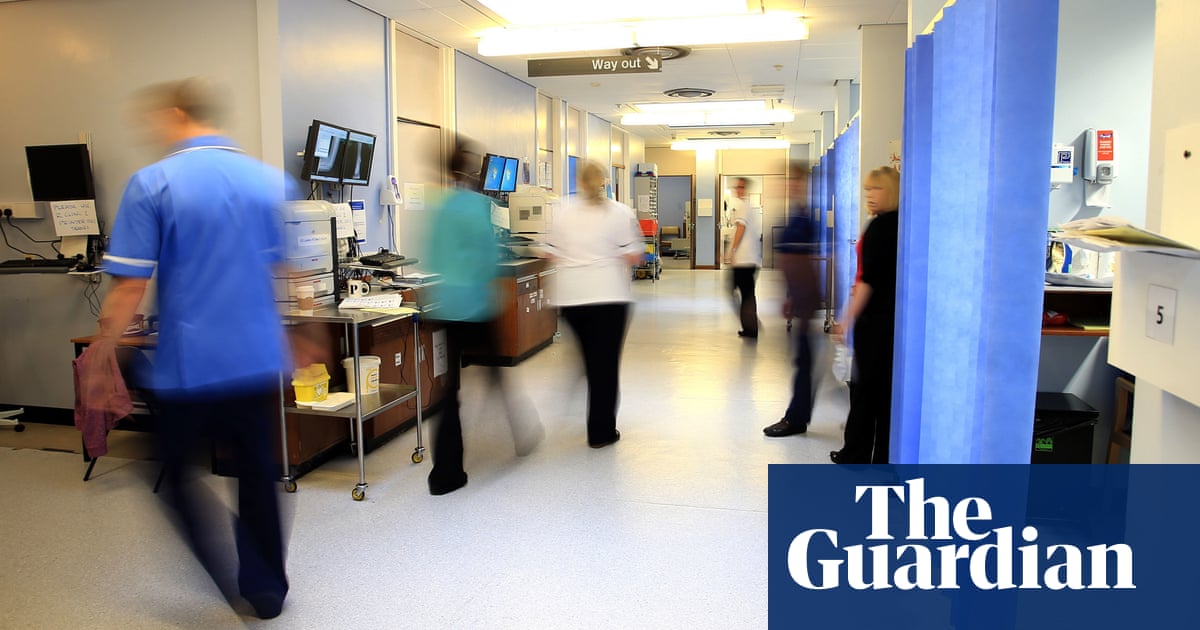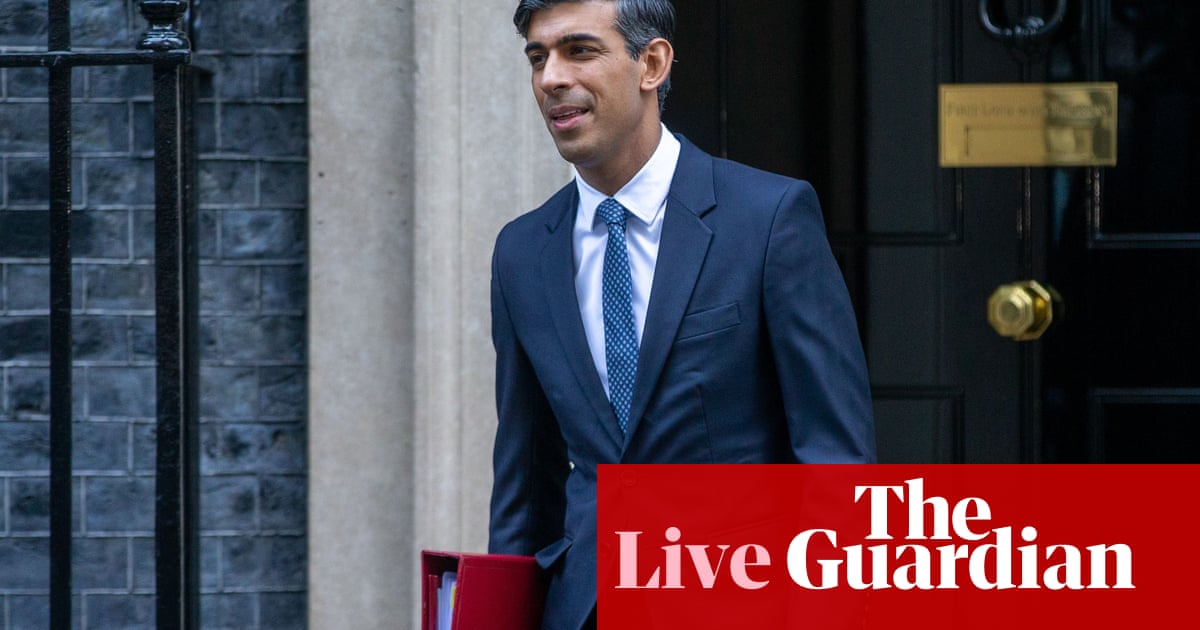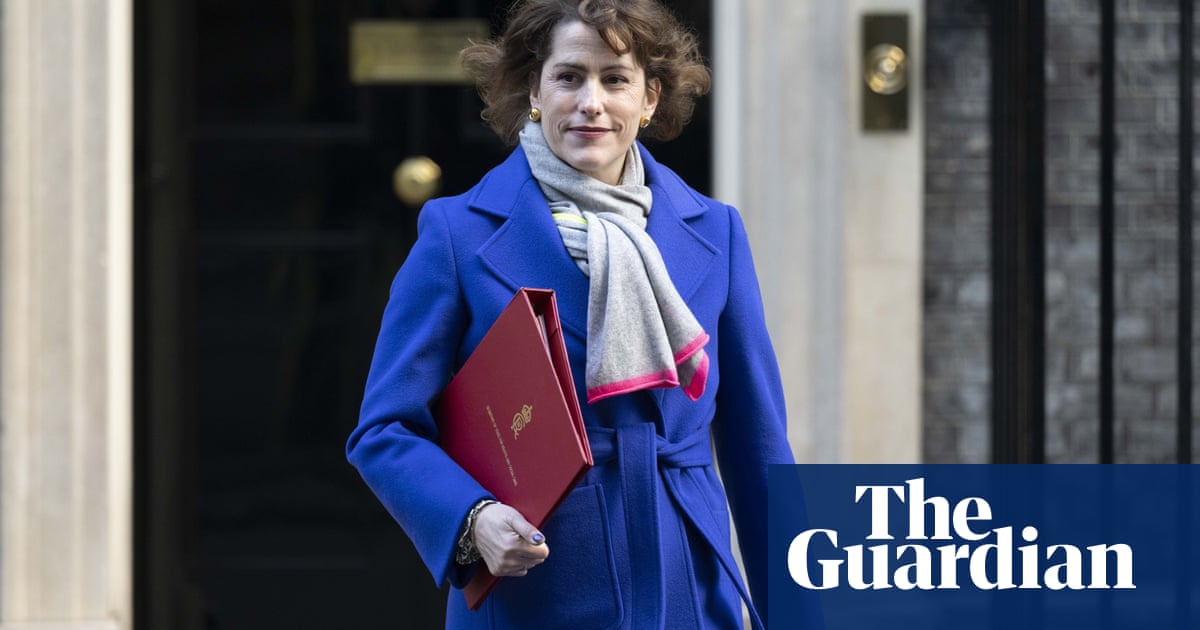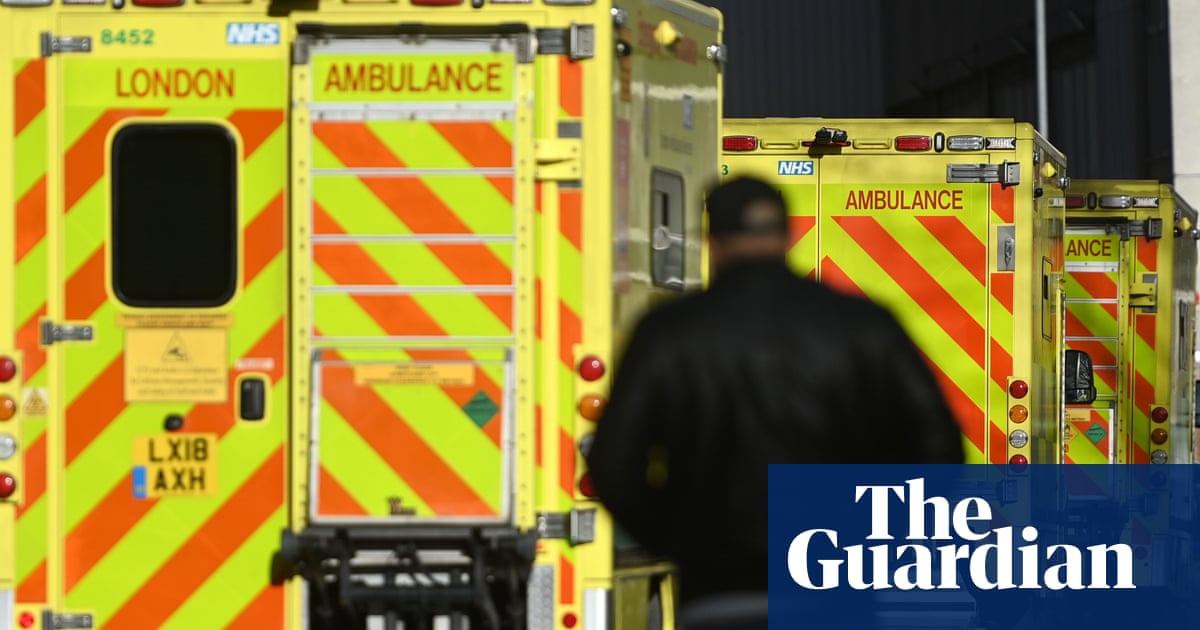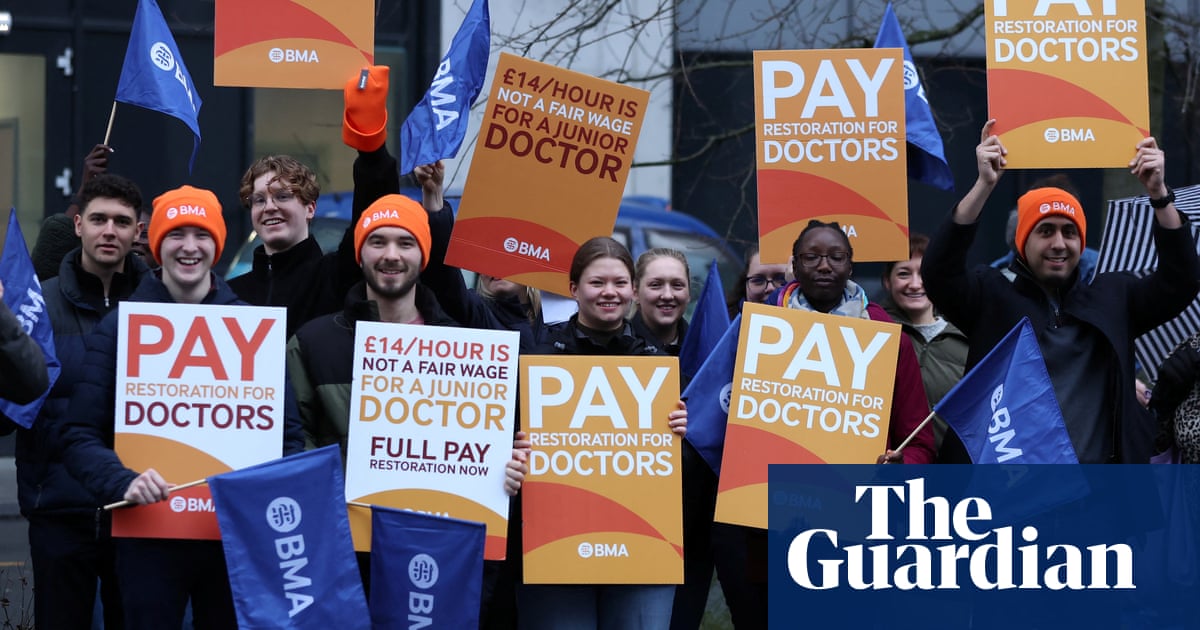
Hospitals are exaggerating how short-staffed they are to try to get junior doctors to break their strike and return to work, according to the British Medical Association.
The doctors’ union has accused NHS trusts of trying to “manipulate” the agreed process for how hospitals can ask striking medics to work in order to protect patients’ safety.
The union believes the NHS is using spurious requests by trusts for a “derogation”, or exemption, for certain services at the government’s behest in order to weaken the impact of the stoppage.
Thousands of junior doctors in England have been on strike since Wednesday in a six-day action – the longest in the NHS’s 75-year history – that ends at 7am on Tuesday.
The BMA has given the Guardian details of the “inappropriate, disingenuous [and] incomplete” evidence three trusts provided last week when asking the union to let doctors go back to work. Each involved what the BMA says was “incomplete and inaccurate information” about staffing levels.
One trust told the BMA it needed 31 doctors to cover the weekend of 6-7 January to ensure its medical unit was safely staffed, and that this was the number usually on duty at weekends and bank holidays. However, that was “misleading” as rotas for previous weekends and bank holidays showed the number then was only 17, 18 or 19, the union said.
A second trust asked for between five and 10 junior doctors to work on each strike day to help ensure medical patients were discharged. But it also planned to keep providing all its usual services, including elective – non-urgent – surgery, even though the BMA and NHS England’s joint agreement on strike derogations makes clear that hospitals must have cancelled all planned activity before the union will countenance granting an exemption.
A third trust asked for up to 25 doctors to be on duty in its A&E unit every day for at least three of the strike days, even though that would have maintained normal staffing levels. It was also not offering medics “escalated rates” for covering for striking junior doctors, the BMA added.
The union rejected all three requests because the trusts were not abiding by the agreed protocol and not being open about staffing, it said. The Guardian has agreed not to name the three trusts.
Prof Philip Banfield, the union’s leader, said hospitals should only ever seek a derogation as “a last resort” after they have taken all other steps to ensure that urgent and emergency services, such as A&E and time-sensitive surgery, can be maintained during a strike.
“It is remarkable that some trusts are trying to manipulate this process by providing incomplete and inaccurate information on staffing levels, and it is damaging for legitimate requests.
“The refusal by some trusts to demonstrate that they have exhausted all options to source alternative staffing or demonstrating rearrangement of elective appointments is not only undermining the process, but also the right of our members to take part in this legitimate and lawful industrial action,” Banfield added.
NHS England rejected the BMA’s claims and said trusts only submitted genuine requests for junior doctors to keep working on strike days.
“The NHS has a robust process in place for seeking derogations from the BMA to prioritise the safety of our patients and this has involved providing strong evidence where the most challenged systems need support,” a spokesperson said.
“Given this period of industrial action coincides with the most difficult time of year for the NHS, it is to be expected that more senior medical leaders will ask their colleagues for allowances to be made to ensure safe levels of cover.”
Rishi Sunak has again blamed strikes by junior doctors for the fact that the waiting list for hospital care in England stands at a record 7.7m procedures needed by about 6.5 million patients.
The number of procedures patients are waiting for did show a recent fall, the prime minister said, during a period of no strikes.
“If you see what happened towards the end of last year we had a period without any strikes in the NHS [between 4 October and 20 December] and what did we see? We saw the waiting list fall tens of thousands – 65,000,” he said.
He added: “Why, when [junior doctors] have the most generous pay settlement in the NHS, why when every other part of the NHS workforce – nurses, midwives paramedics, consultant doctors – have reached an agreement with the government, why haven’t they? … We can get the waiting lists down when we don’t have strikes.”





